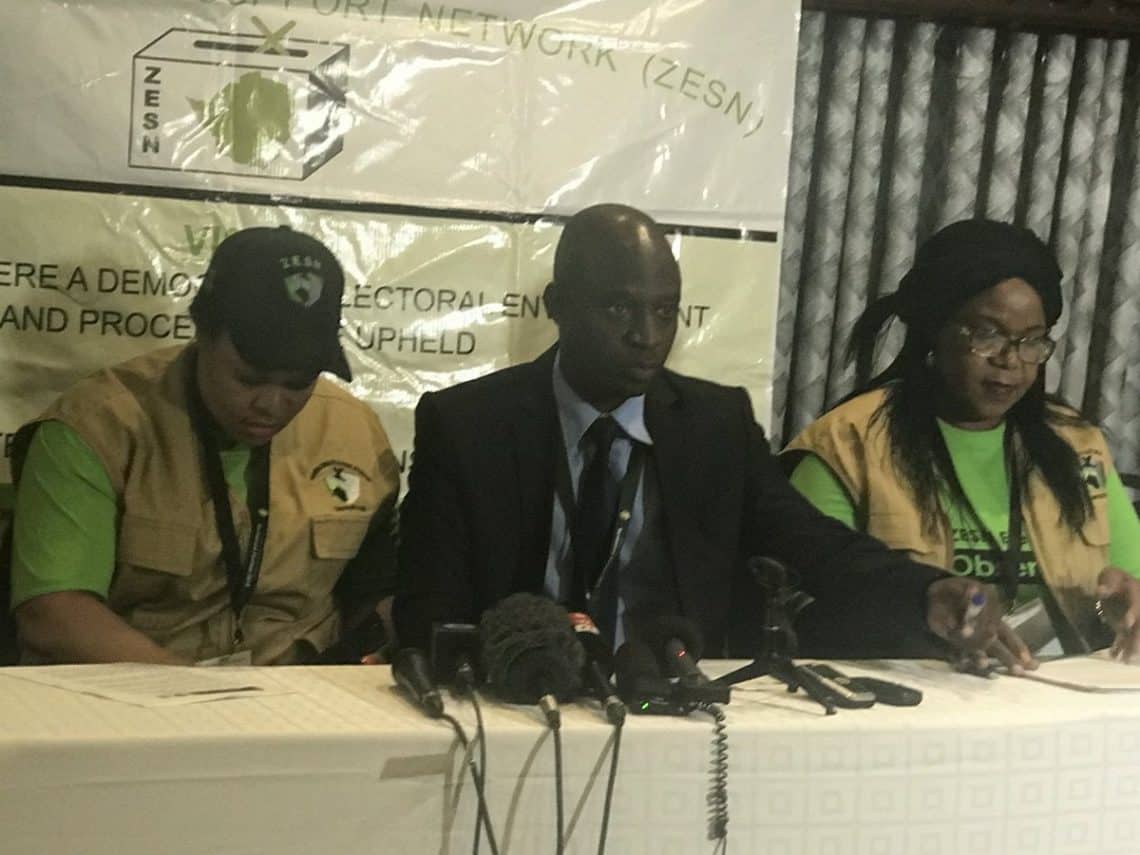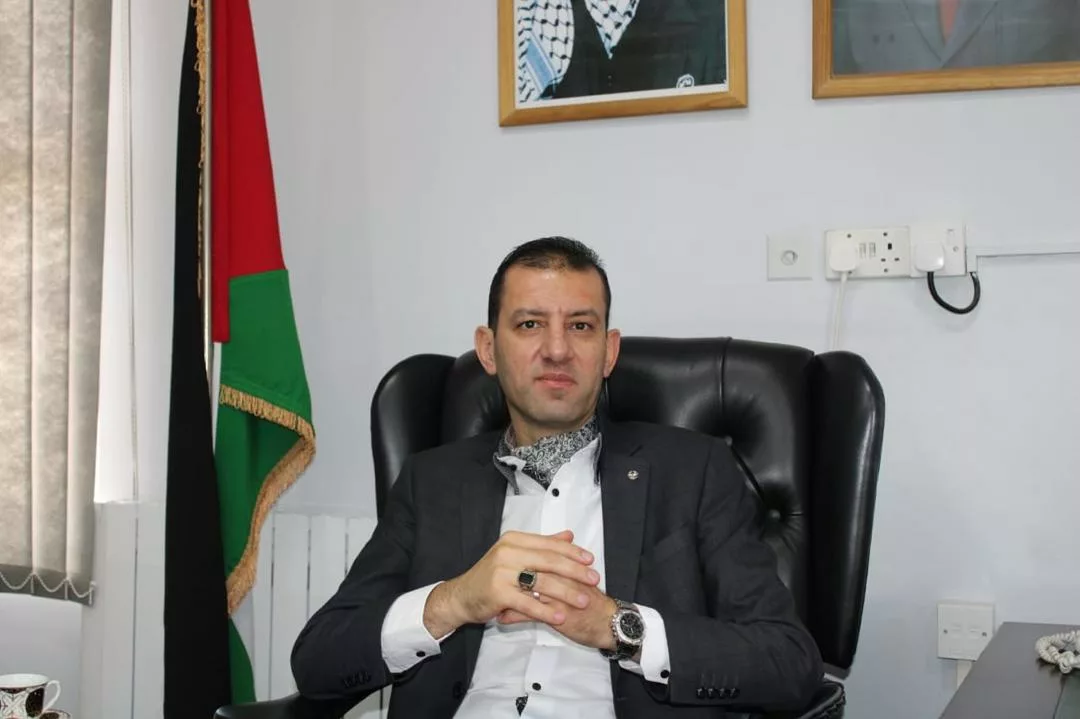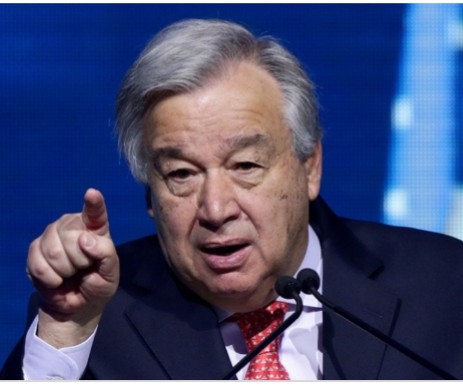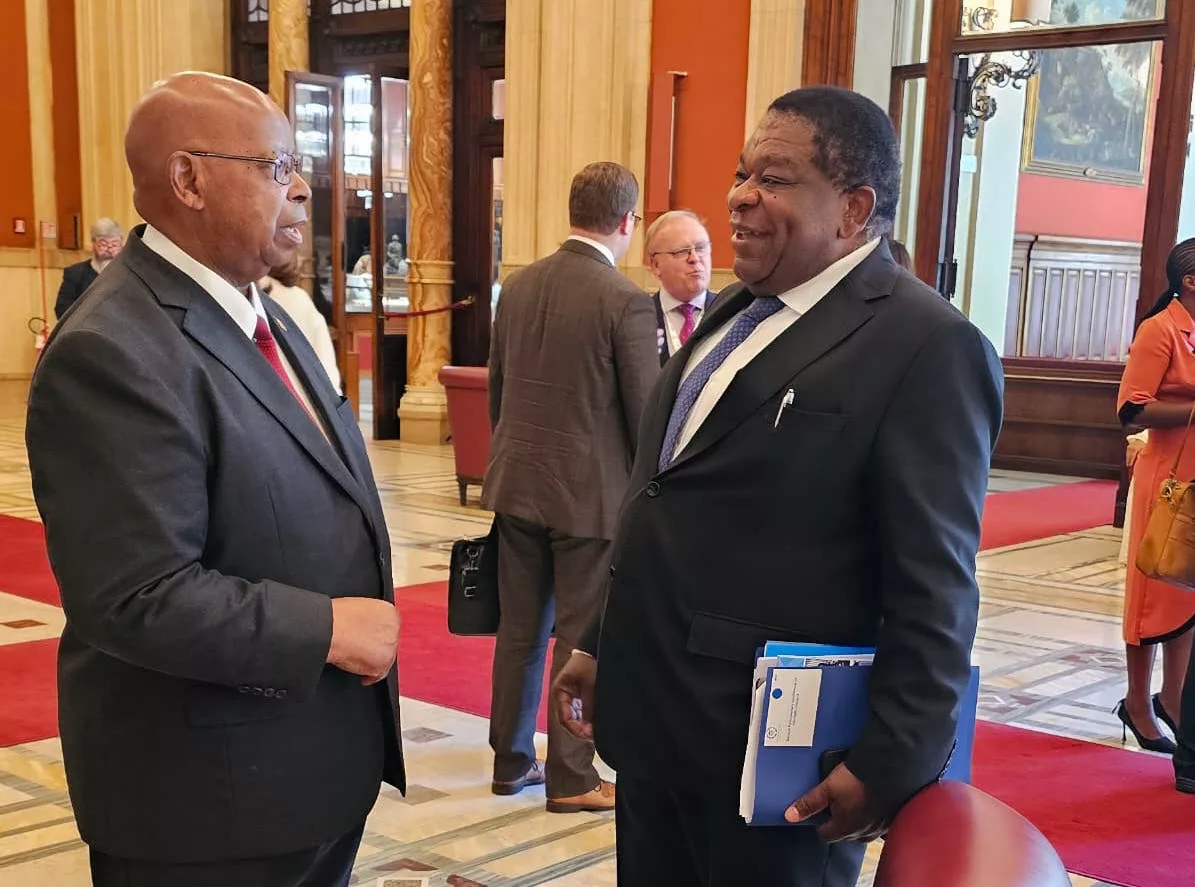The Zimbabwe Election Support Network (ZESN) held a post-2018 harmonised election conference on 7 and 8 March 2019 in Bulawayo. The overall objective of the Conference was to review the conduct of the 2018 harmonised elections focusing on the legislative and administrative framework, the political environment, role of observers, electoral reform process, and recommendations by election observer missions among other pertinent factors.
In attendance were representatives of the Ministry of Justice, members of the Justice, Legal and Parliamentary Affairs Portfolio Committee, development partners, the Zimbabwe Electoral Commission, political parties, academia, media and civic society organisations.
The conference highlighted positive and negative issues that characterized the July 30 harmonized elections and identified key electoral reform issues for future elections. The electoral environment in the run up to the election was noted to be a significant improvement from previous elections with political parties able to freely campaign and canvass support. In addition, other processes such as voter education and voter mobilisation by ZEC and civic society organisations were much improved. Improvements were also highlighted in the voter registration and the resultant voters roll.
Some of the challenges identified by the speakers include; the inaccessibility of the voters’ roll to political parties on time, inequitable coverage of elections by the media, absence of accountability and transparency in political parties finance, misuse of state resources, absence of transparency in the design and printing of ballot papers, low representation of women and persons with disability, partisan involvement of traditional leaders in politics, under registration in urban areas, and high candidates’ nomination fees among other issues.
The Conference drew insights from presenters from the SADC region and East Africa who shared their experiences in relation to electoral processes in their countries. The role of SADC and AU in the Zimbabwe elections was interrogated as regards their assessment of the electoral outcome and participants urged the SADC and AU to publicize their election reports.
With the understanding that elections are a process, it was agreed that the electoral reform agenda must begin forthwith starting with the implementation of recommendations by the international, regional and local observer missions.
The conference proffered the following recommendations based on the deliberations that took place:
1. There is need to craft a new comprehensive Electoral Act that fully aligns with the Constitution.
2. The government must put in place measures to enhance the independence of ZEC, other Chapter 12 Commissions as well as the Judiciary.
3. There is need to revise and strengthen election dispute resolution mechanisms as well as introduce punitive measures against electoral offenders.
4. Parliament should review the laws on delimitation to ensure that the process is done early before the 2023 harmonised elections.
5. ZEC should ensure adequate stakeholder involvement in the implementation of the delimitation exercise.
6. There is need for a law compelling equal representation of women and men as candidates.
7. There is need for media law reform to ensure media plurality, diversity and equitable coverage of political parties and candidates during elections.
8. Civil society organisations should collaborate more in the implementation of activities to ensure message discipline and wider reach.
9. There is need for further discussion on the role of the Zimbabwe Human Rights Commission in monitoring and observation of human rights violations during electoral periods.
10. It is imperative to explore alternative dispute resolution mechanisms including strengthening the role of traditional leaders in dealing with disputes and conflicts at a local level.
11. Electoral stakeholders must ensure that there is sustainable dialogue on key electoral reforms ahead of the 2023 elections.
12. There is need to strengthen intraparty democracy as a way of deepening the culture of democracy and tolerance in the broader society.
ZESN believes that the pathway to the next election should be defined by a comprehensive electoral and political reforms process that guarantees the holding of free, fair and credible elections. ZESN remains committed to the promotion of democratic electoral processes in Zimbabwe.






